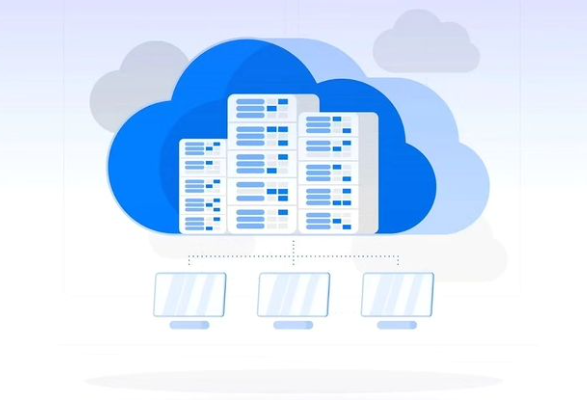Tech Desk, Delhi Magazine: Memory management is a critical aspect of mobile application development, ensuring that an app efficiently utilizes and allocates memory resources. Effective memory management contributes to better app performance, responsiveness, and overall user experience. Here are key concepts and practices related to memory management in mobile application development:
- Memory Types:
- Stack Memory: Used for storing local variables and function call information. Memory allocation and deallocation are handled automatically.
- Heap Memory: Dynamically allocated memory for objects and data structures. Developers are responsible for allocating and freeing this memory.
- Memory Allocation:
- Static Allocation: Memory is allocated at compile-time and remains constant throughout the program’s execution.
- Dynamic Allocation: Memory is allocated at runtime, often using functions like
malloc(C),new(C++), oralloc(Objective-C).
- Memory Deallocation:
- Explicit Deallocation: Developers must free dynamically allocated memory when it’s no longer needed, using functions like
freeordelete. - Automatic Garbage Collection: In languages like Java or C#, a garbage collector automatically identifies and reclaims unused memory.
- Explicit Deallocation: Developers must free dynamically allocated memory when it’s no longer needed, using functions like
- Memory Leaks:
- Occur when allocated memory is not properly deallocated, leading to a gradual increase in memory usage.
- Regularly check for memory leaks using tools and profilers.
- Reference Counting:
- In languages like Objective-C or Swift, objects are assigned a reference count.
- Memory is deallocated when the reference count drops to zero.
- Automatic Reference Counting (ARC):
- Introduced in newer versions of Objective-C and Swift.
- The system automatically manages reference counting, reducing the need for manual memory management.
- Memory Fragmentation:
- Internal Fragmentation: Wasted memory within allocated blocks.
- External Fragmentation: Free memory is scattered in small, non-contiguous blocks.
- Caching:
- Use caching wisely to reduce redundant memory allocations and improve performance.
- Implement strategies like LRU (Least Recently Used) or TTL (Time To Live) for cache management.
- Memory Pools:
- Pre-allocate a pool of memory and manage allocations from within this pool.
- Reduces overhead associated with frequent memory allocation and deallocation.
- Memory Profiling Tools:
- Utilize memory profiling tools and analyzers to identify memory-related issues.
- Examples include Android Profiler, Xcode Instruments, and third-party tools like Valgrind.
- Optimizing Data Structures:
- Choose appropriate data structures to minimize memory usage.
- Use efficient collections and avoid unnecessary duplication of data.
- Appropriate Use of Singleton Pattern:
- Carefully manage singletons to avoid retaining unnecessary references throughout the app’s lifecycle.
- Background Processing:
- Minimize memory usage during background processing to avoid performance issues and app termination.
- Testing and Debugging:
- Regularly test your app for memory issues, especially on devices with varying memory capabilities.
- Utilize debugging tools and memory analyzers during development and testing phases.
Effective memory management is crucial for creating responsive, stable, and high-performance mobile applications. Developers should be mindful of memory usage patterns, follow best practices, and use appropriate tools to ensure optimal memory performance across different devices and platforms.
You would also like to read: Video on Demand Technology.

